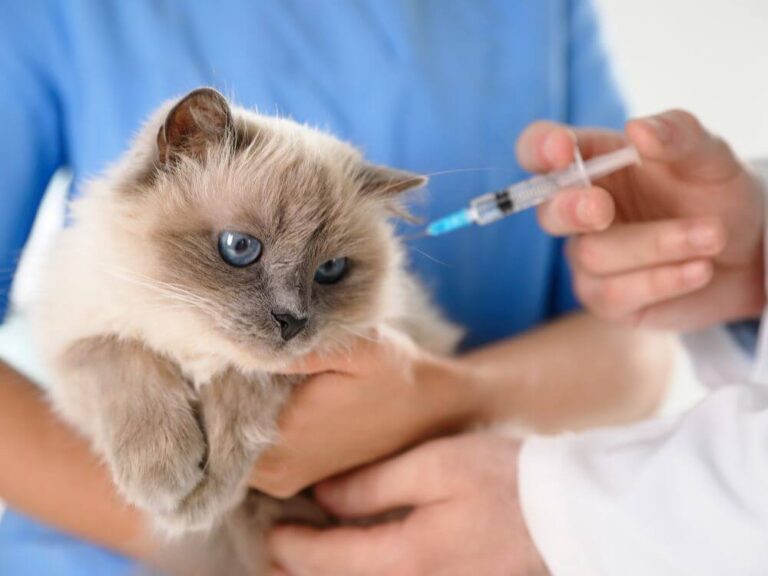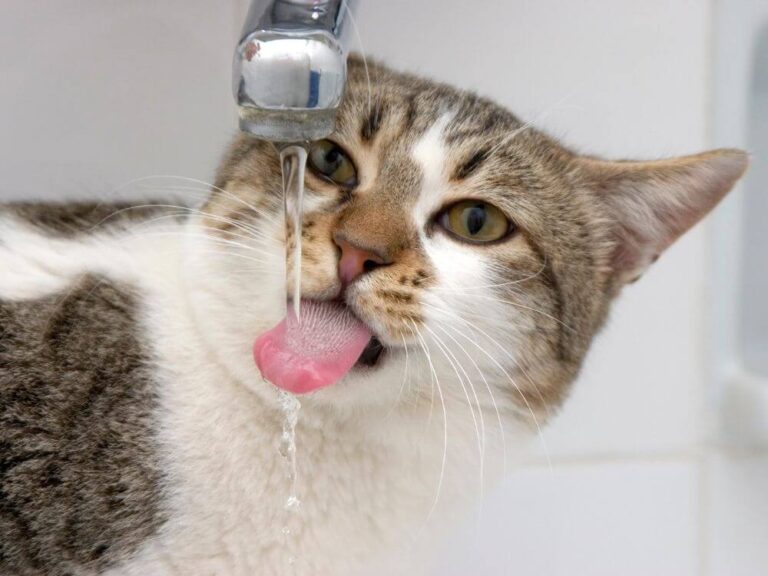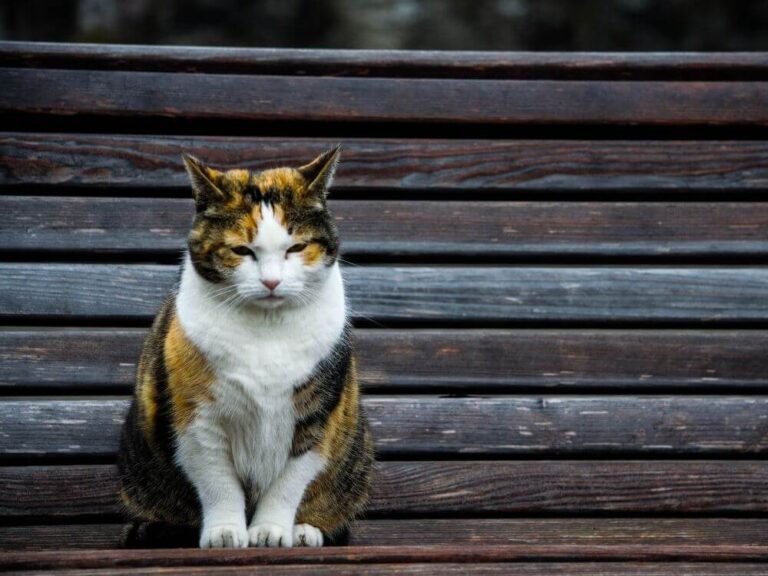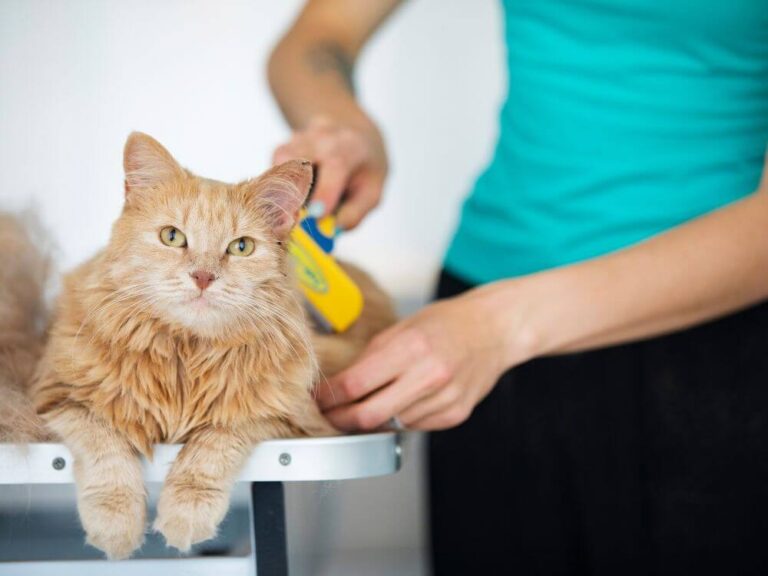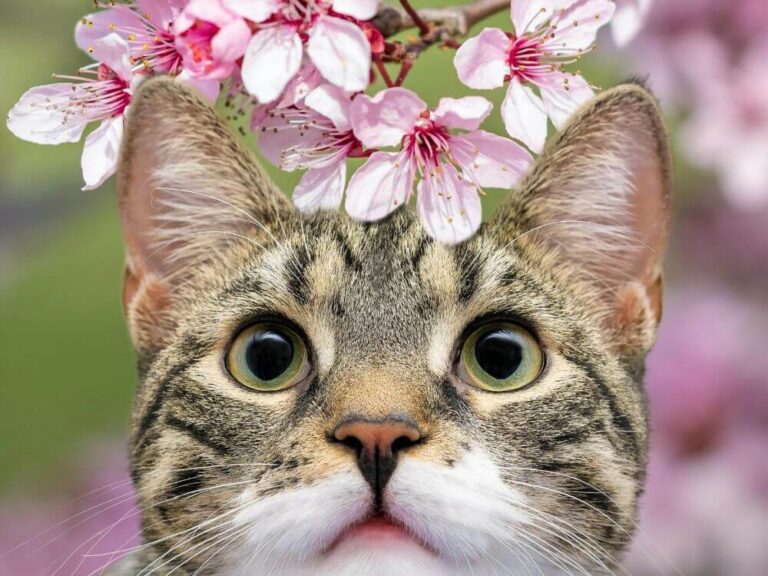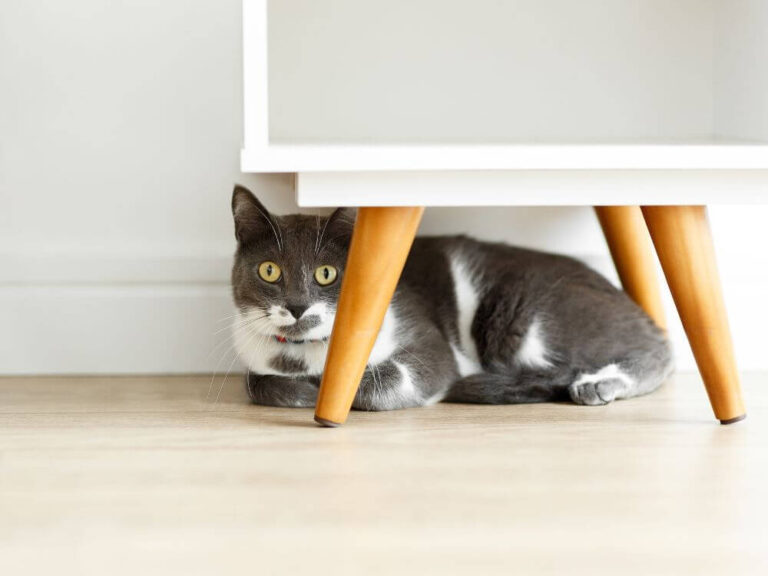What to Do if Your Cat Has No Appetite
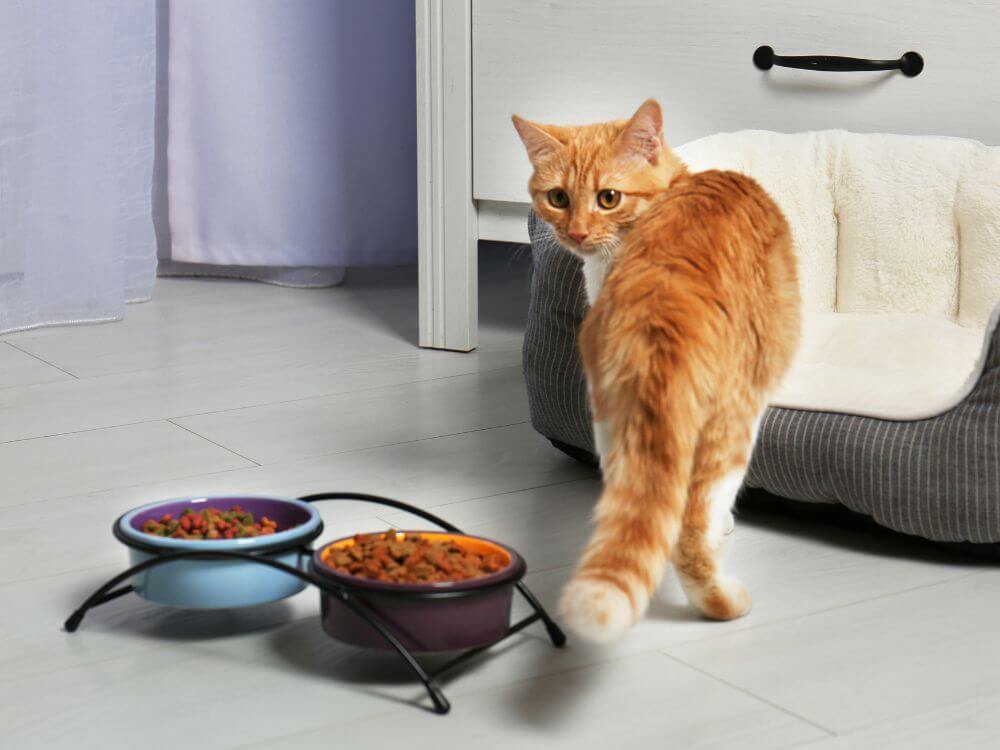
Cats are known for their independent and sometimes finicky nature, but when your feline friend suddenly loses interest in food, it can be a cause for concern. A cat’s appetite is often a good indicator of their overall health. If your cat stops eating, it could signal an underlying issue. In this article, we’ll explore common reasons for appetite loss in cats, when to worry, and steps you can take to encourage your pet to eat again.
Common Reasons for a Cat’s Loss of Appetite
1. Illness or Medical Conditions
One of the most common reasons a cat stops eating is due to illness. Many medical conditions, such as gastrointestinal issues, kidney disease, or dental problems, can cause appetite loss. If your cat shows any other symptoms, such as vomiting, diarrhea, or lethargy, it’s important to consult your veterinarian as soon as possible.
2. Stress and Anxiety
Just like humans, cats can lose their appetite when they are stressed or anxious. Changes in the household, such as moving, the arrival of a new pet, or even minor adjustments to their routine, can trigger stress. Creating a calm and predictable environment for your cat might help restore their appetite.
3. Dental Problems
Cats suffering from dental issues, such as gingivitis, broken teeth, or infections, might find eating painful. If your cat approaches food but hesitates or drops it while chewing, dental pain could be the reason. A vet check-up can determine if your cat’s teeth need attention.
4. Food Preferences and Changes
Cats can be quite particular about their food. If you’ve recently switched brands or flavors, your cat may reject the new option. It’s essential to introduce new foods gradually and stick to a high-quality, nutritionally balanced diet. Sometimes, cats might also develop aversions to certain textures or smells, causing them to stop eating.
5. Age and Dietary Needs
Older cats may eat less due to reduced energy needs, changes in their metabolism, or difficulty chewing food. Additionally, as cats age, their sense of smell can decline, making food less appealing. Consider consulting your vet to adjust your cat’s diet according to their age and health.
When to Worry About a Cat Not Eating
While a single skipped meal isn’t usually a cause for panic, a prolonged loss of appetite can lead to serious health complications, such as hepatic lipidosis, a life-threatening liver condition. If your cat hasn’t eaten for more than 24-48 hours, especially if they are showing other symptoms like weight loss, vomiting, or lethargy, it’s critical to seek veterinary advice immediately.
How to Encourage Your Cat to Eat
1. Offer Different Types of Food
Sometimes cats just need variety. Try offering different textures (wet vs. dry), flavors, or brands to see if your cat shows interest. Warming up the food slightly can enhance its aroma and make it more appealing.
2. Stick to a Regular Feeding Routine
Consistency is key when dealing with a finicky eater. Try to feed your cat at the same time every day, in a quiet and comfortable spot. Routine provides a sense of security that might help reduce stress-related appetite loss.
3. Provide a Calm and Comfortable Environment
A noisy or busy environment can make some cats too nervous to eat. Ensure that your cat’s food bowl is in a calm area, away from loud noises or other pets that might cause tension during mealtime.
4. Address Any Stressors
If you suspect stress or anxiety is behind your cat’s loss of appetite, try to identify and remove the source of their stress. Adding a few extra cozy spots for your cat to retreat to or using calming pheromone sprays can help alleviate their anxiety.
5. Consult Your Veterinarian
If your cat’s lack of appetite persists, it’s vital to seek professional help. Your vet can perform tests to determine any underlying health issues and may suggest treatments, medications, or appetite stimulants to get your cat back to eating normally.
Hydration is Just as Important
Even if your cat refuses to eat, it’s crucial to ensure they stay hydrated. Cats can become dehydrated quickly, which can worsen their condition. Encourage your cat to drink by offering fresh water in multiple locations or by providing a water fountain, which some cats find more enticing. You can also try giving your cat wet food with added water to increase their fluid intake.
Final Thoughts
A cat’s sudden loss of appetite is never something to ignore. While some reasons for appetite loss can be benign or temporary, it’s always better to err on the side of caution. By identifying the root cause and taking appropriate steps, you can help your cat regain their appetite and maintain a healthy, happy life. If your cat’s appetite doesn’t return after trying these solutions, don’t hesitate to consult your vet for further advice.

